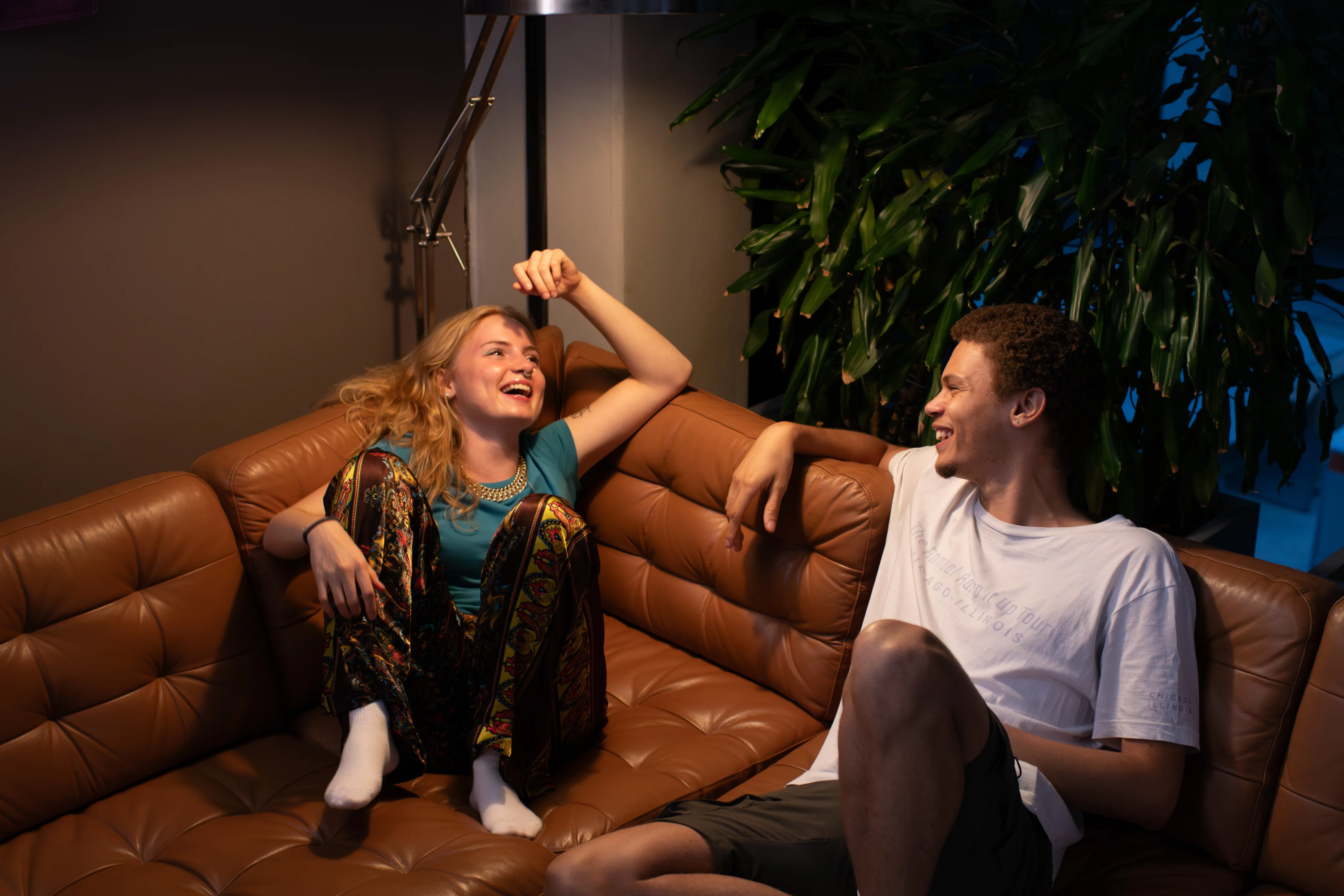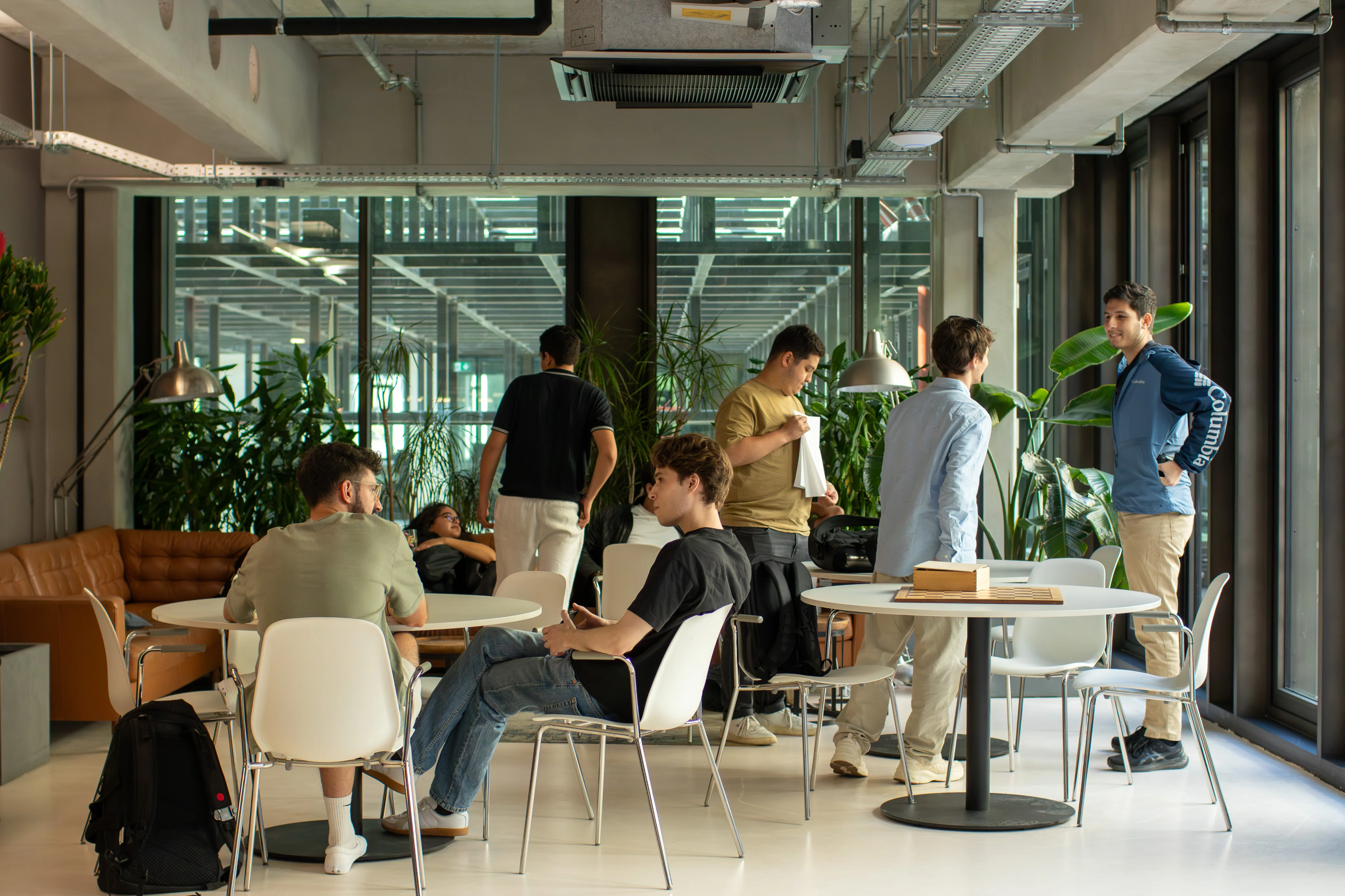A university for the digital pioneers of tomorrow
CODE is a private university of applied sciences that is embedded in the vibrant network of Berlin’s tech ecosystem. We offer Bachelor's and Master's programs for ambitious talents striving to become the software engineers, designers and entrepreneurs of tomorrow.
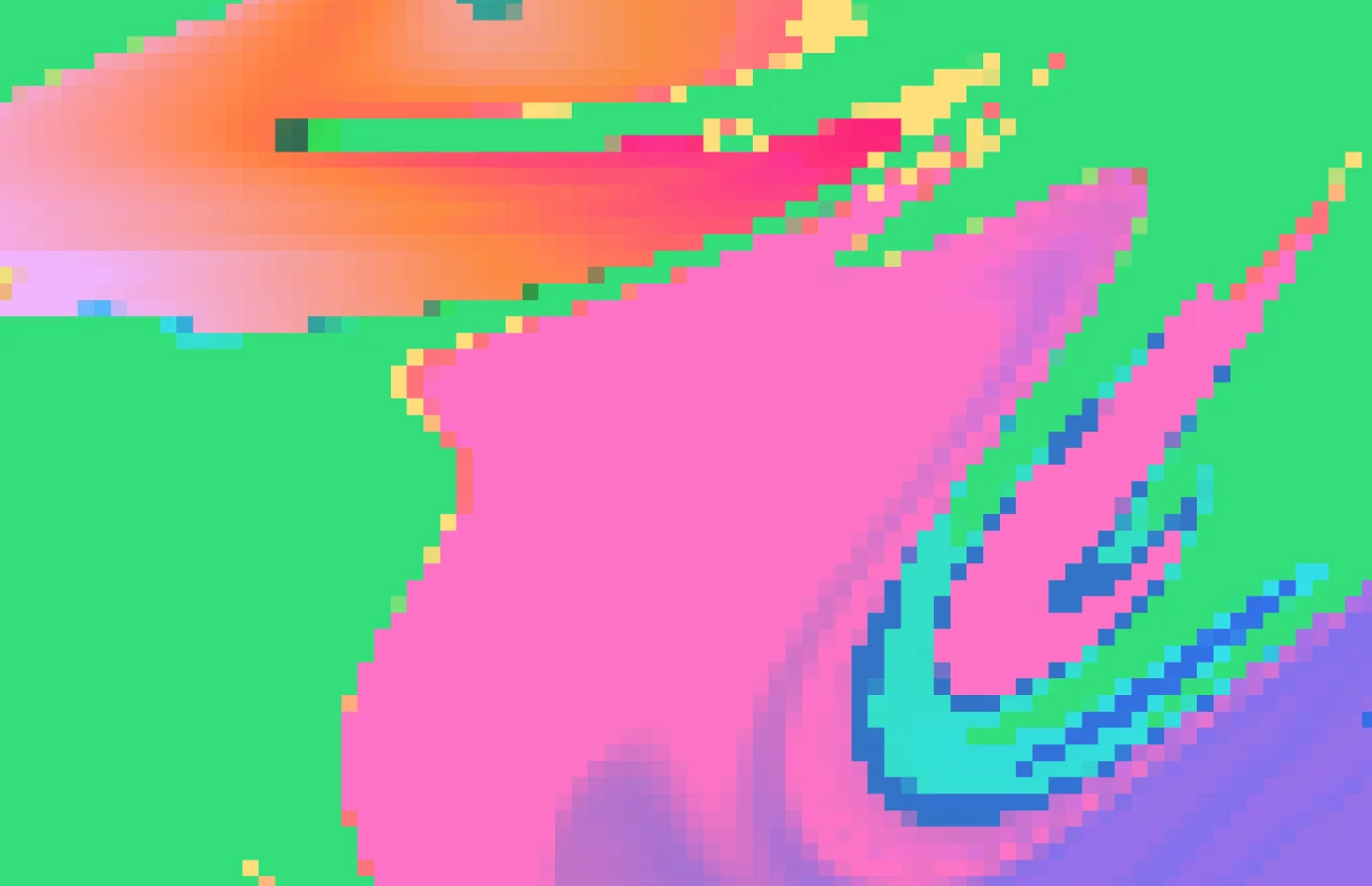
Curiosity-driven
We empower students with self-directed learning guided by professors as mentors.
Project-based learning
Students pursue their own projects or work on company projects that connect theory to real-world application.
Community
Joining CODE means becoming part of a network of ambitious, supportive peers and mentors.
Entrepreneurial spirit
We foster resilience, adaptability and innovation in a rapidly changing world.
Are you ready to rethink education, follow your curiosity and work together with an international student community on meaningful, innovative and real projects? Then you've come to the right place.
Delve into topics that interest you, think outside the box and learn content from other courses - each semester you can decide where you want to focus.
Because the digital world is constantly evolving, we focus on dynamic curricula. Supported and valued by over 50 partners from the German corporate and start-up world, we create the basis for your successful future.
At CODE, you’re not just a student; you’re a digital pioneer, crafting the future with each project. Our campus is your playground – an ecosystem brimming with technology innovators and creative disruptors.

Study programs
Our Bachelor and Master study programs are state-accredited and recognized worldwide - and give you the perfect foundation of skills and network to thrive in an ever-changing digital world.
Our campus in Berlin
The spaces we move around in have a significant influence on how we live, learn and work. That is why we have created a campus that inspires and motivates, where our students like to be and feel at home. Besides that, as the capital of progress and digital development, Berlin offers a wide range of opportunities for networking, exchange and inspiration. Want to see for yourself? Get a campus tour here!
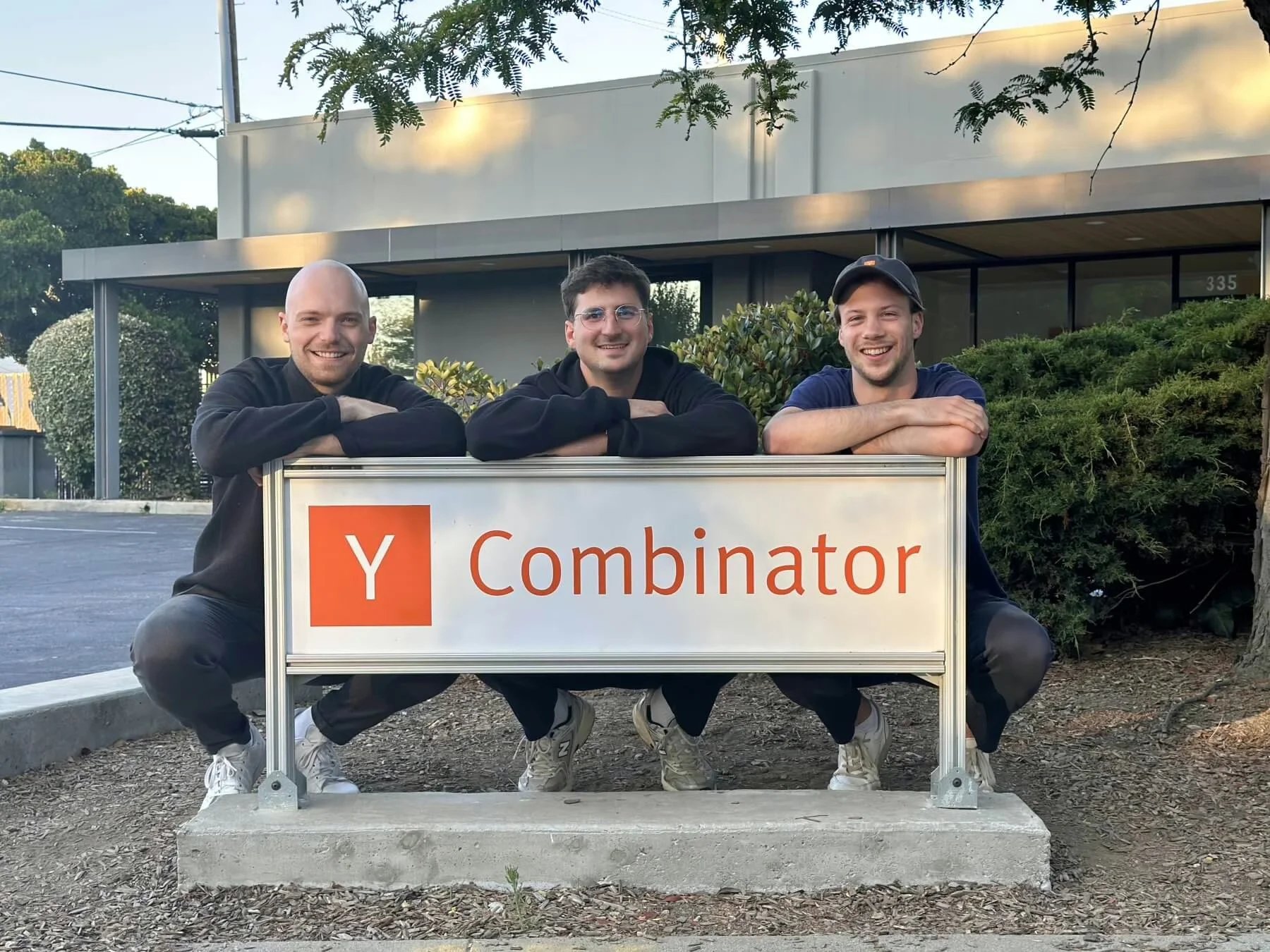
A university of student-founders
CODE is more than an academic institution, it’s a thriving tech hub where students get to develop their ideas, grow their networks and build their very own start-ups. All within the CODE study experience. Learn more about our entrepreneurs here:
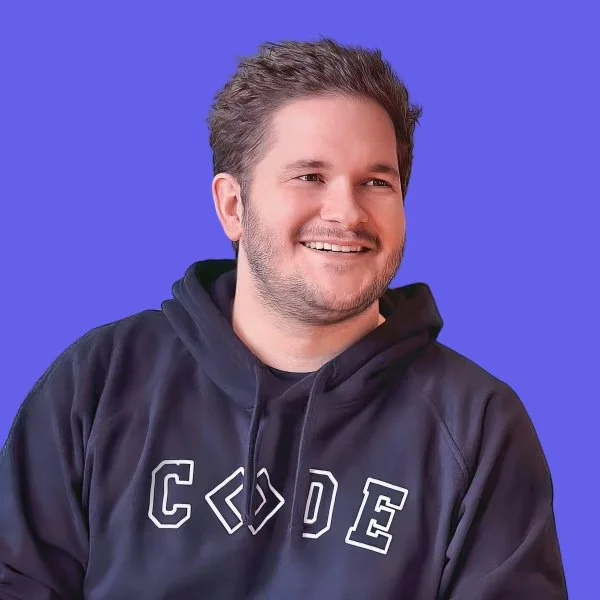
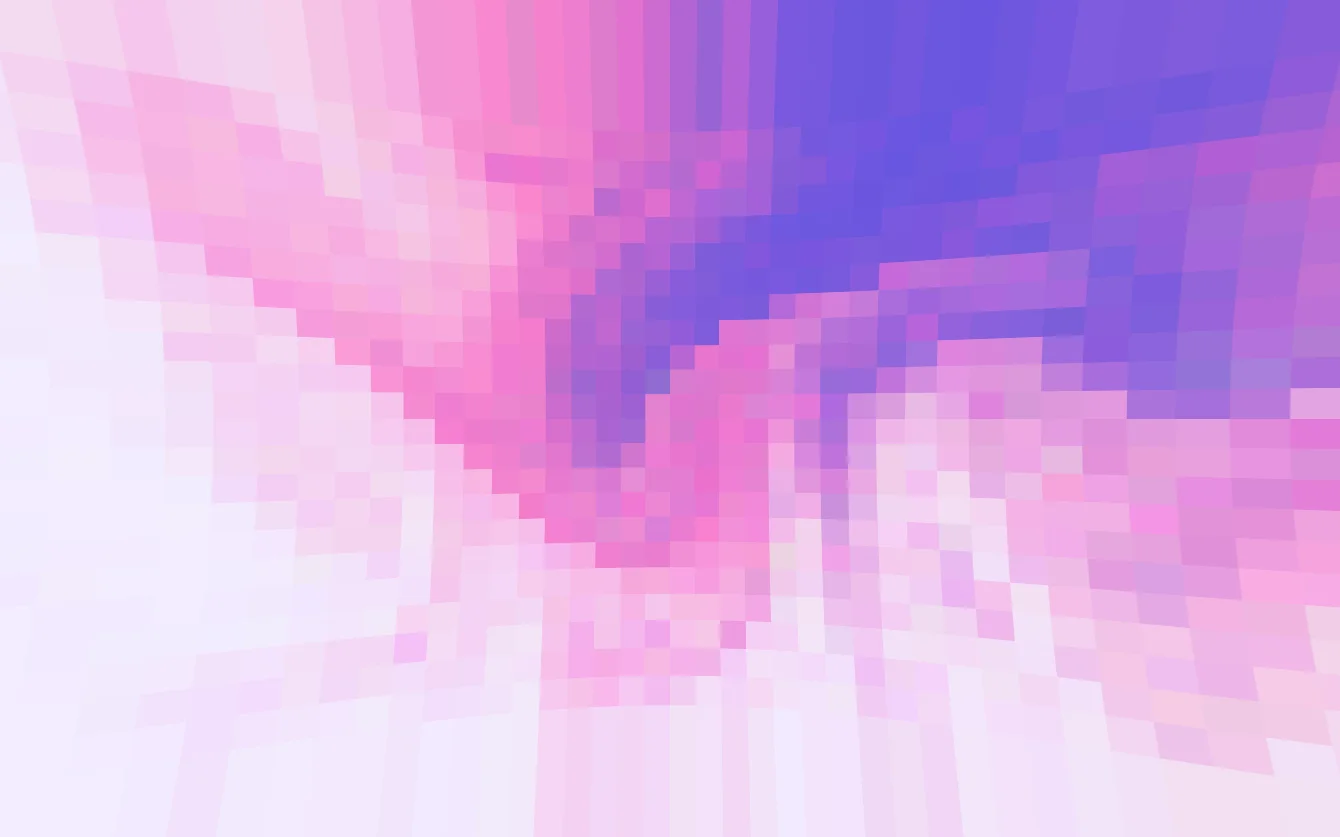
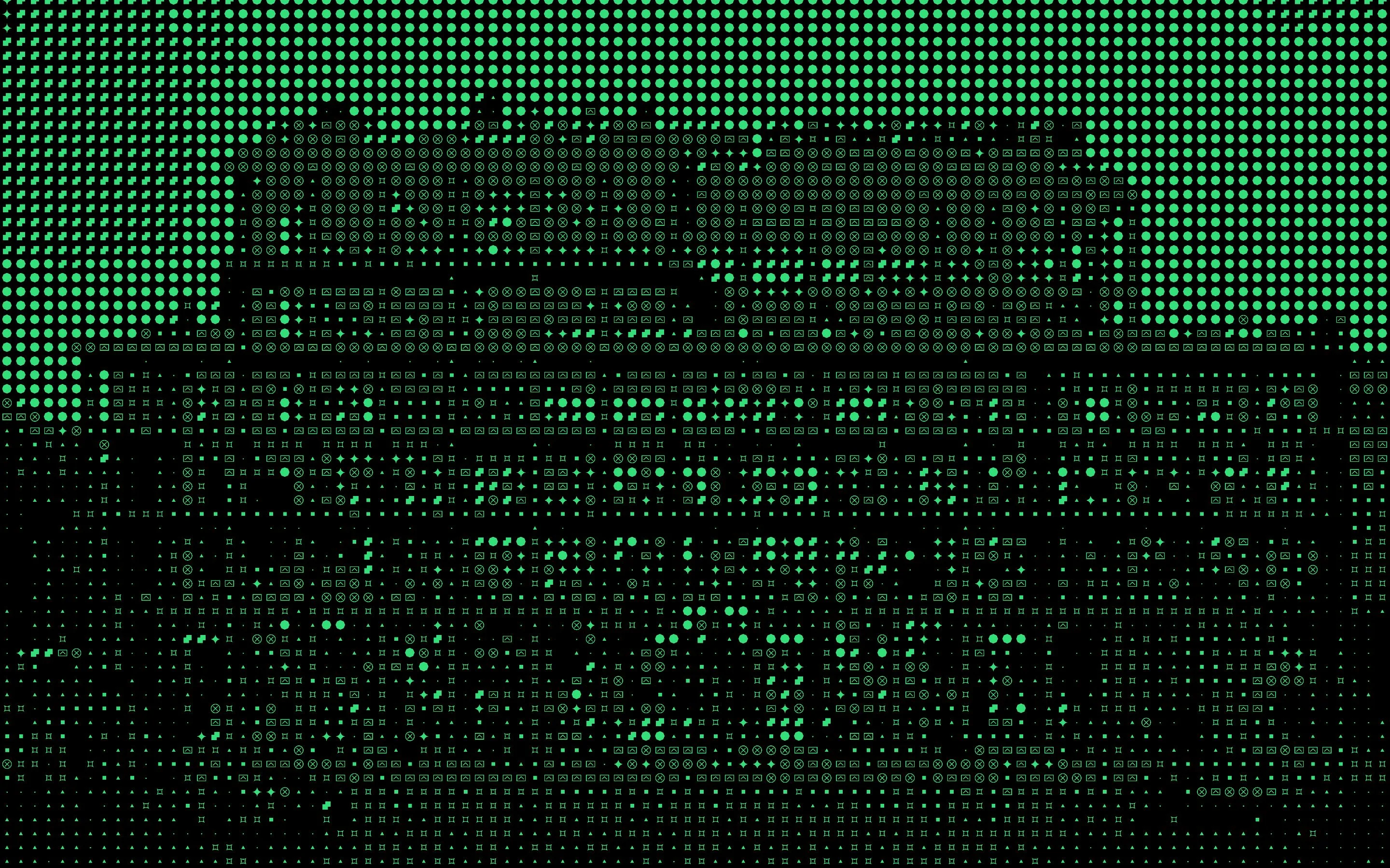
One day I wanted to build the university that I couldn't find for myself.
Founded by entrepreneurs
Supported by more than two dozen German tech pioneers, CODE offers unique opportunities in the startup community.
Supported by renowned scientific experts
CODE's university council consists of tech-enthusiastic academic leaders with outstanding reputations.
Built with a hands-on approach
Digital experts and enthusiasts themselves, the team of CODE cultivates a strong hands-on mentality.
Part of a worldwide movement
CODE is connected to leading tech and entrepreneurial initiatives around the globe.
Students and alumni in the tech world
Our students and graduates work at some of the most exciting tech companies in the world. Many of them work alongside their studies, meaning they have years of experience by the time they graduate. Here are a few of the people who attended CODE:
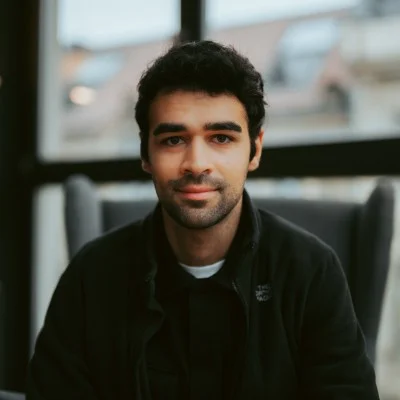
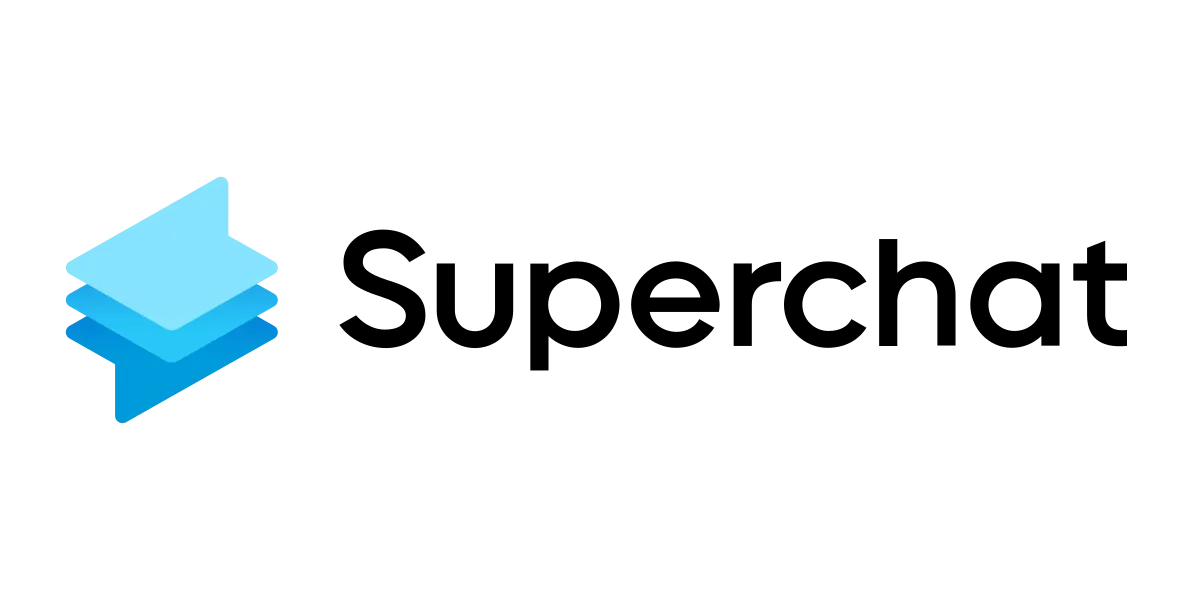

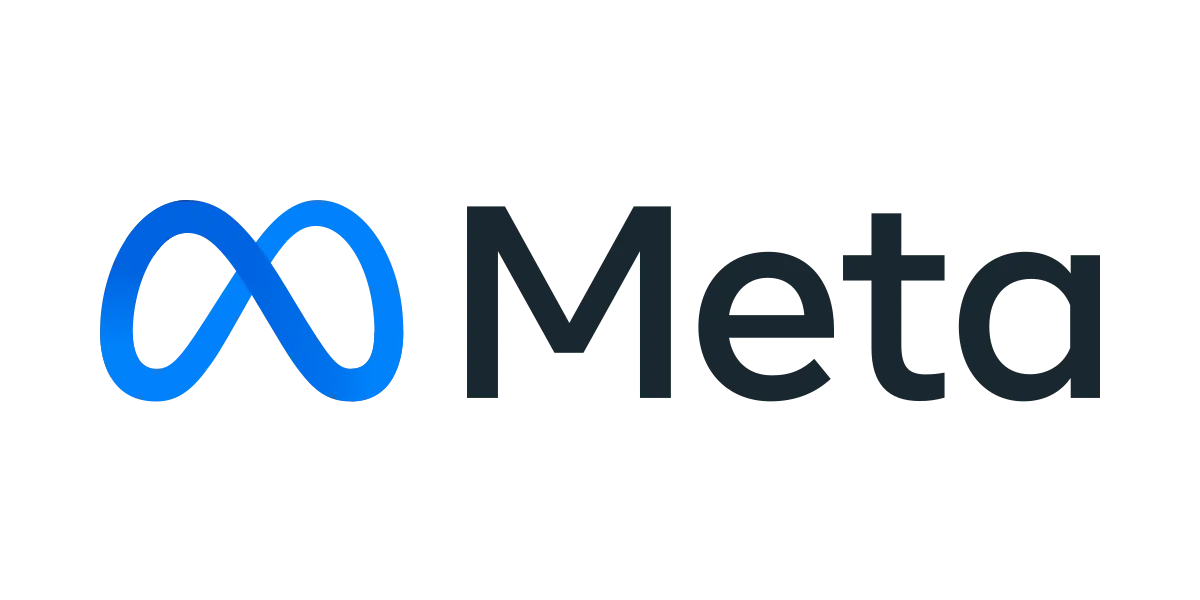
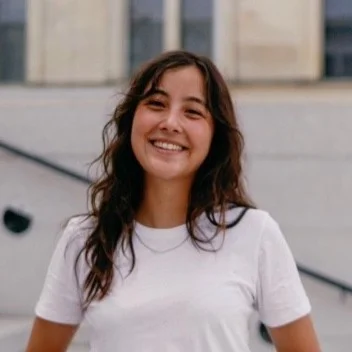

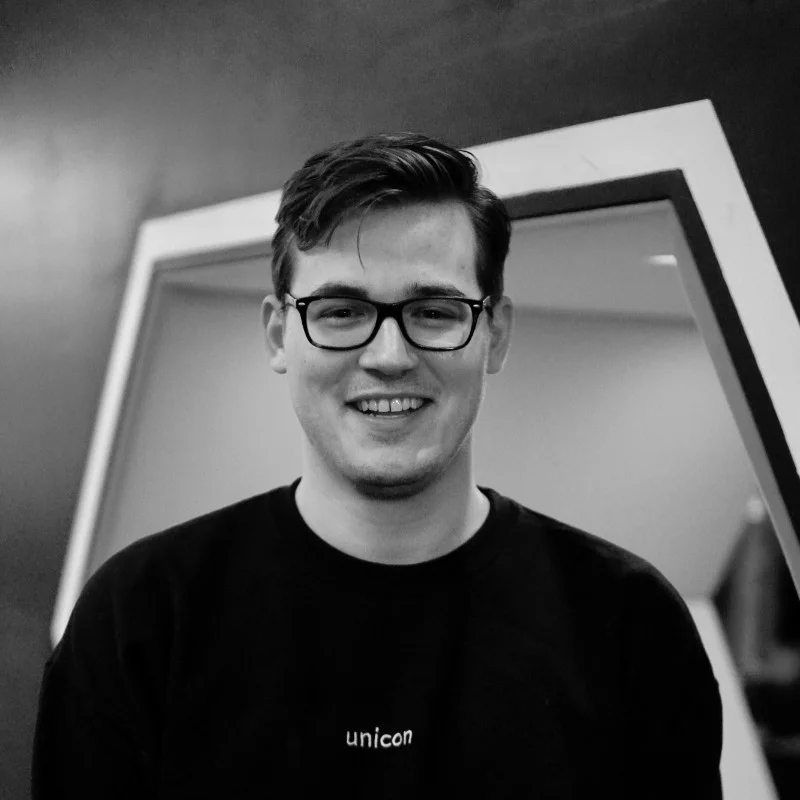
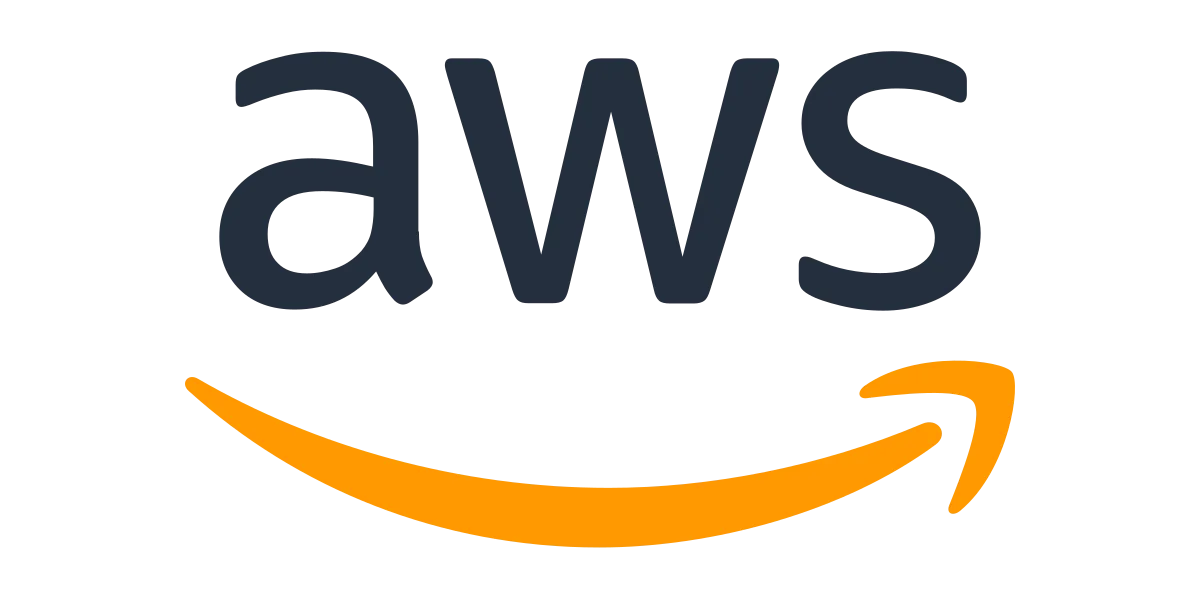
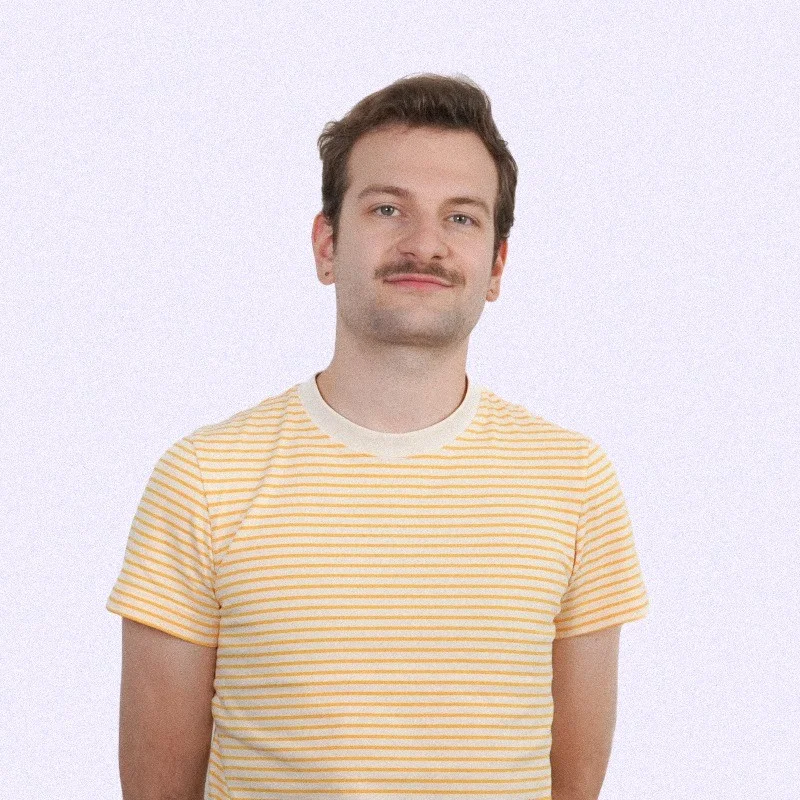

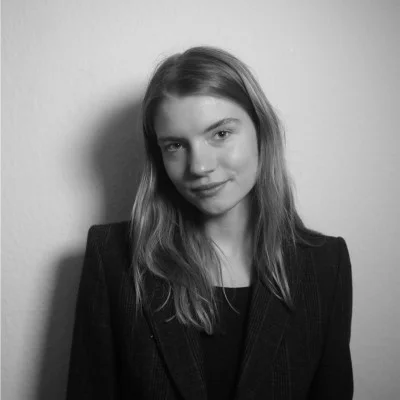
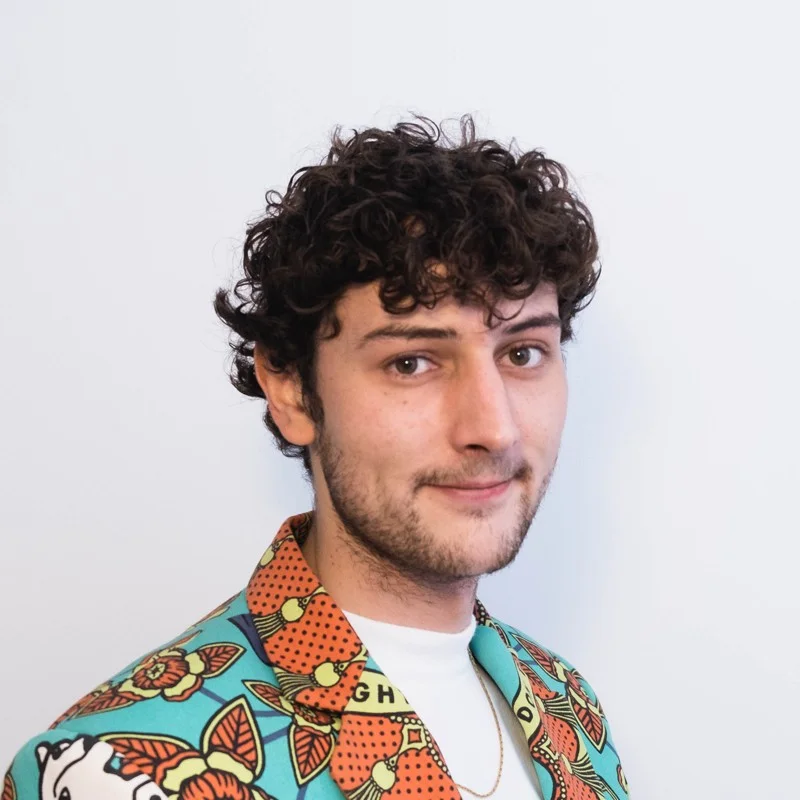
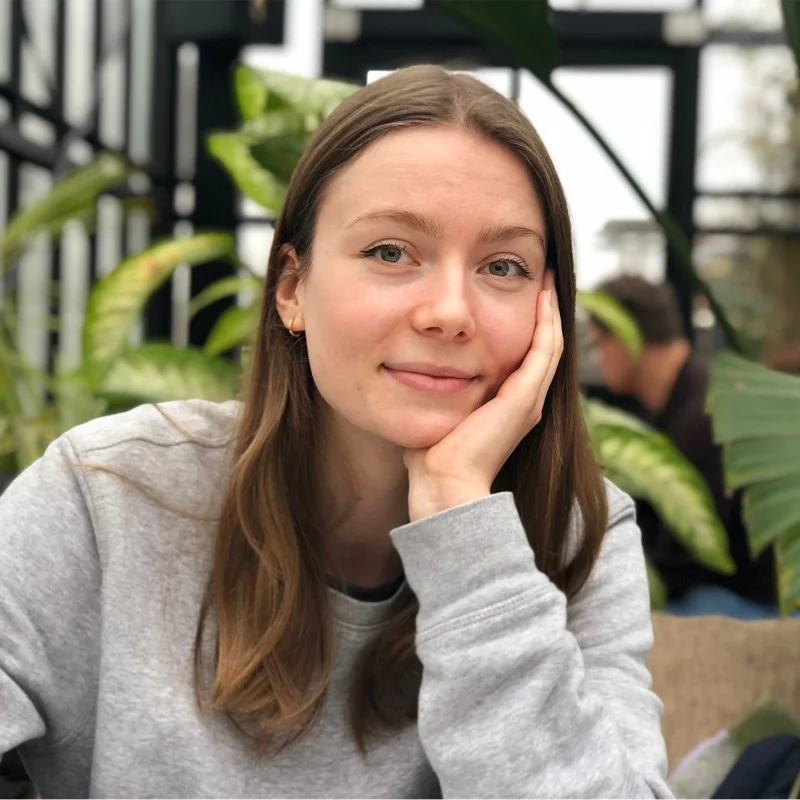
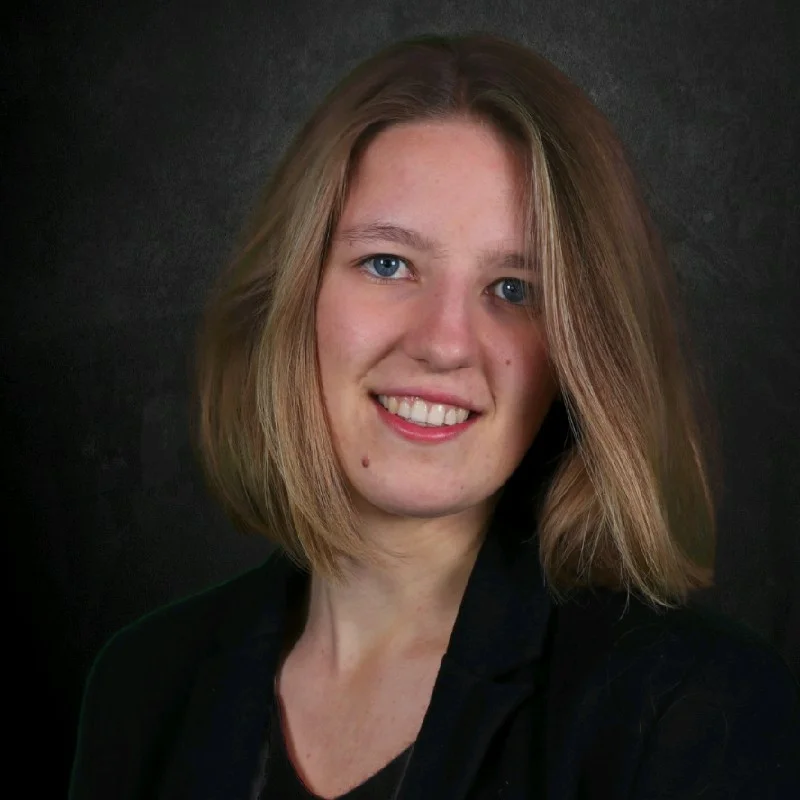
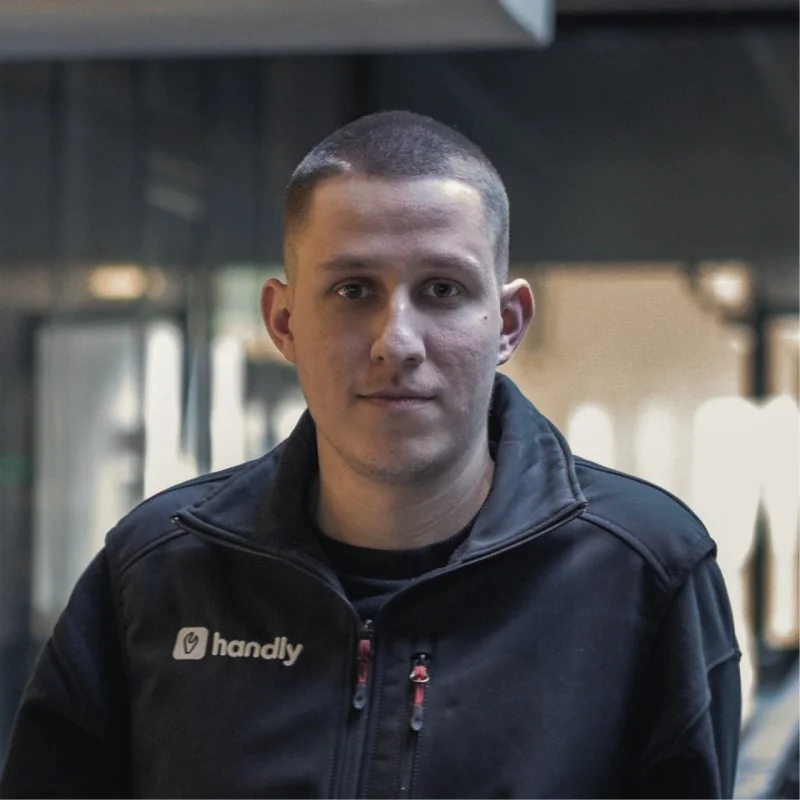
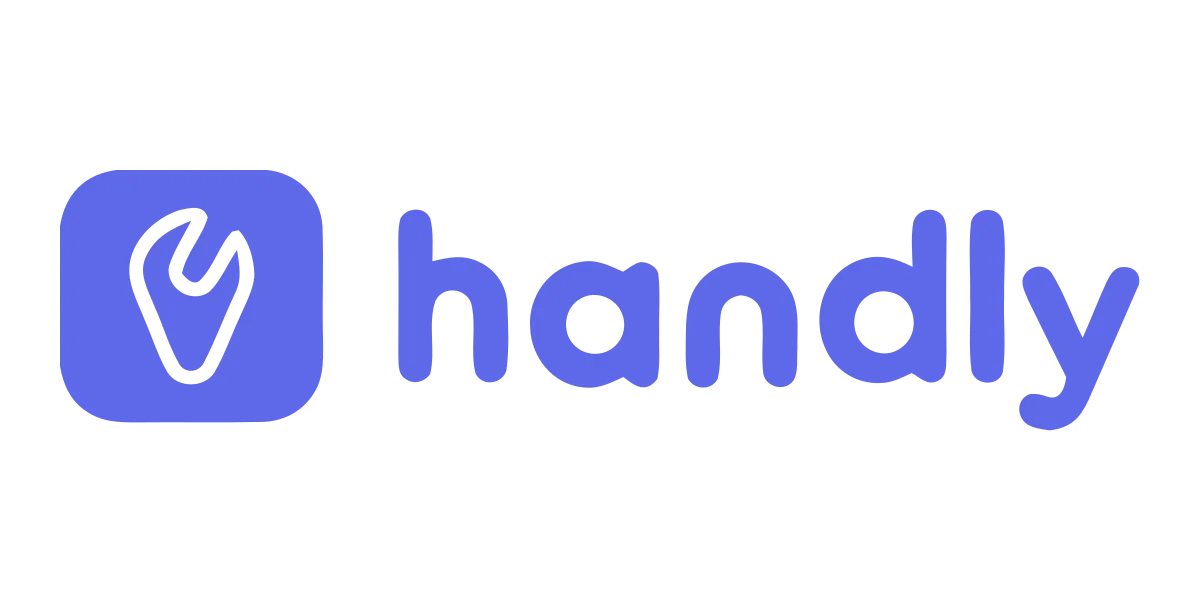
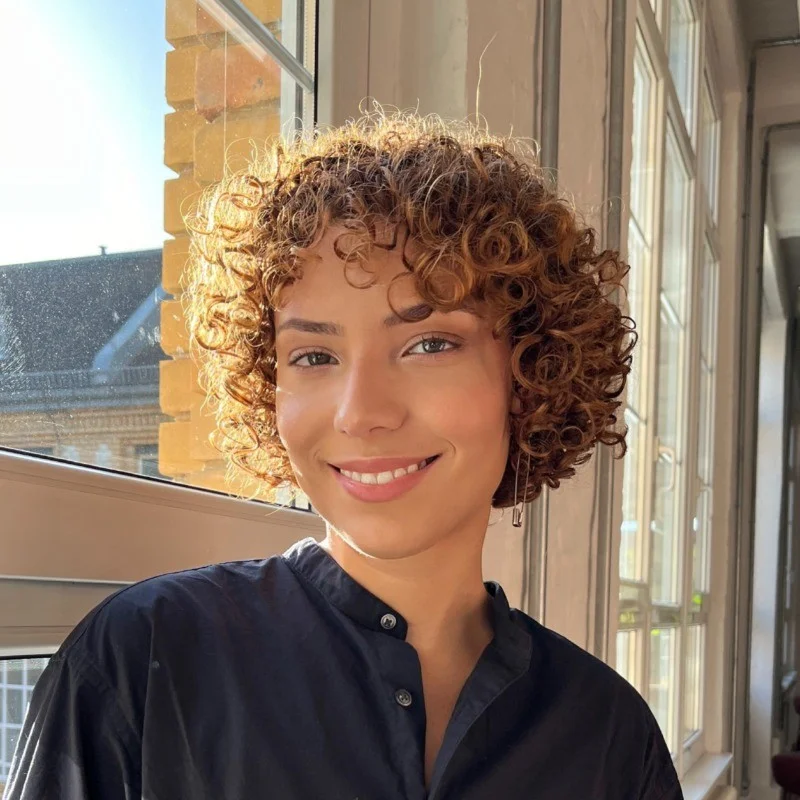
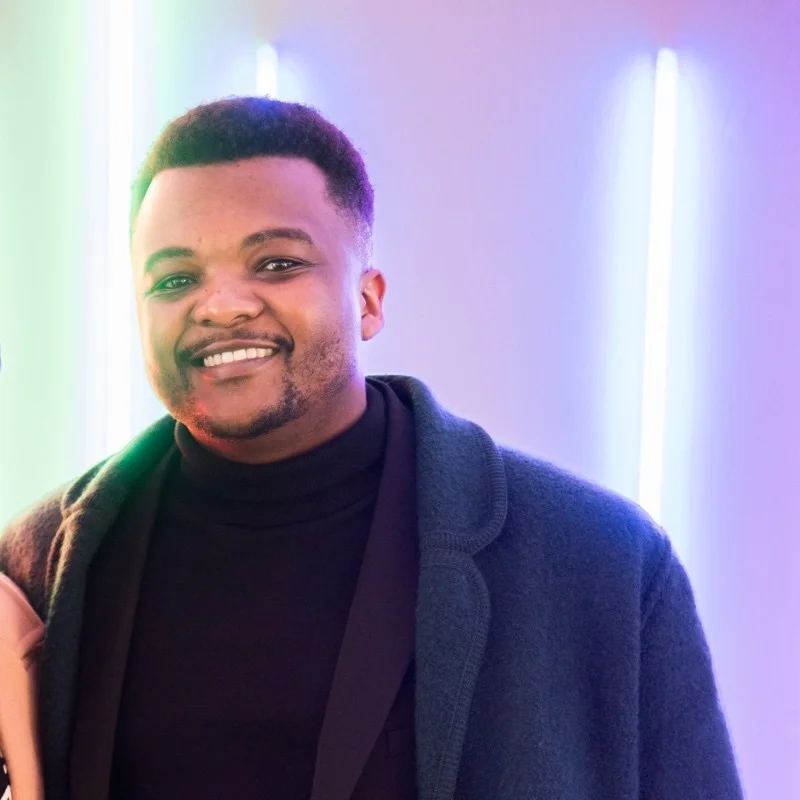
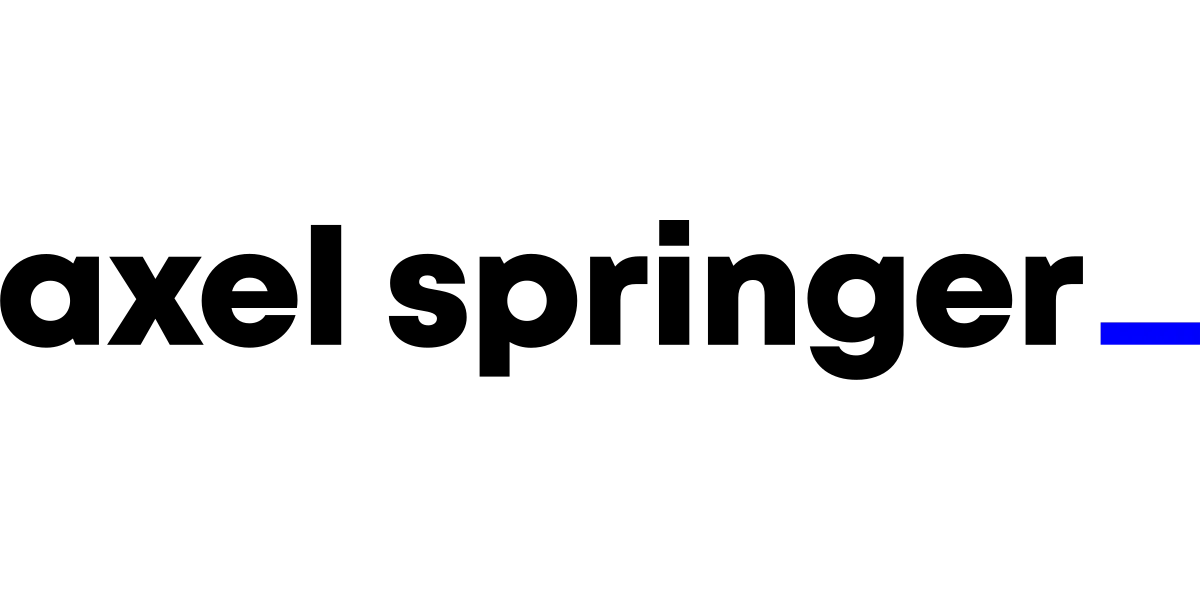


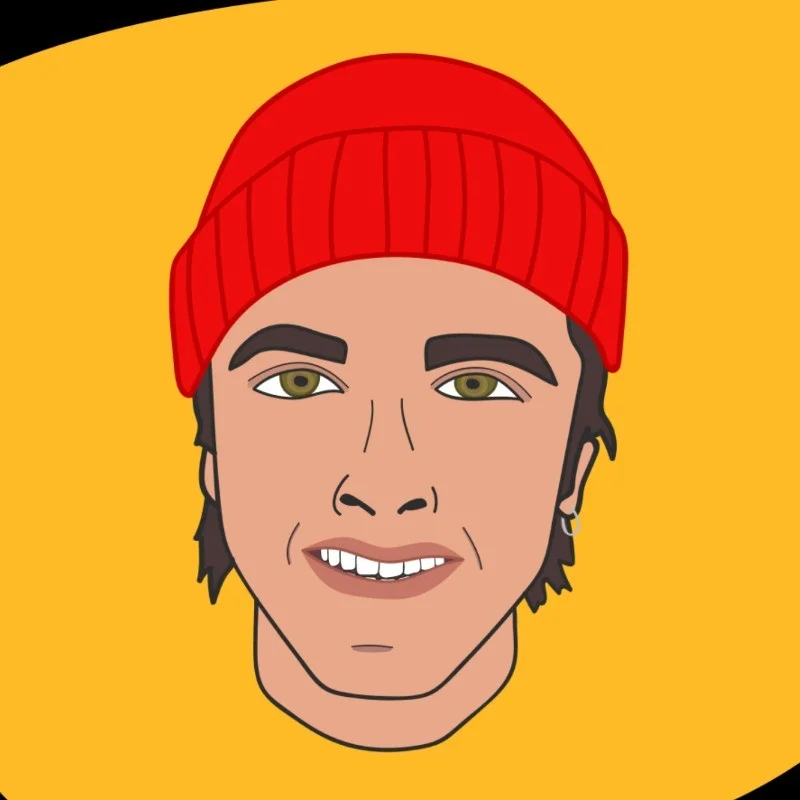
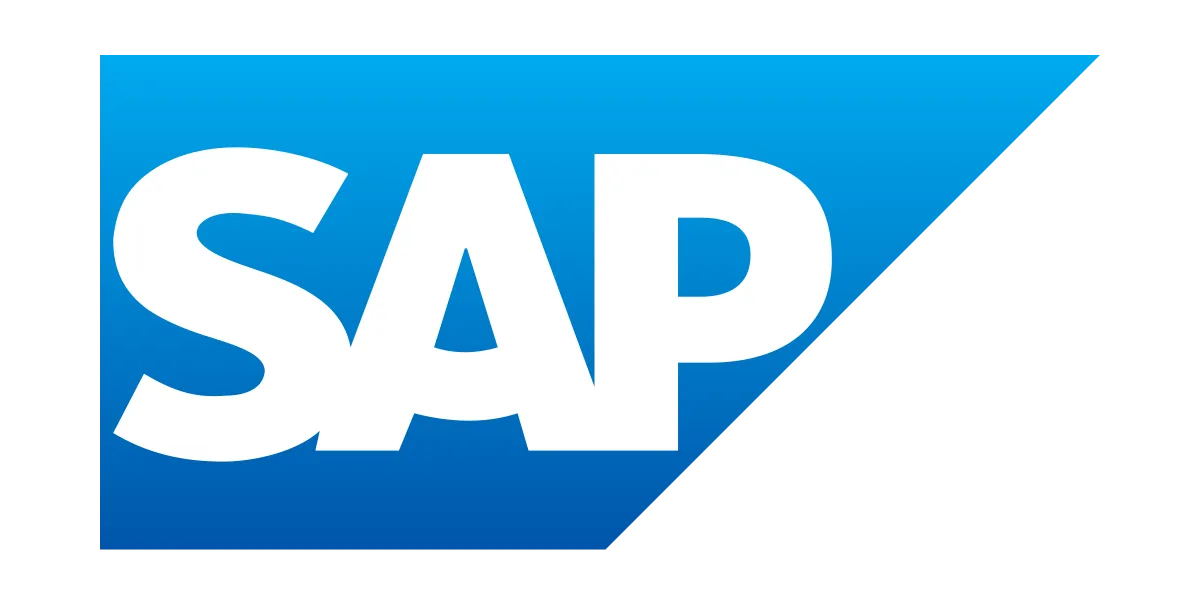

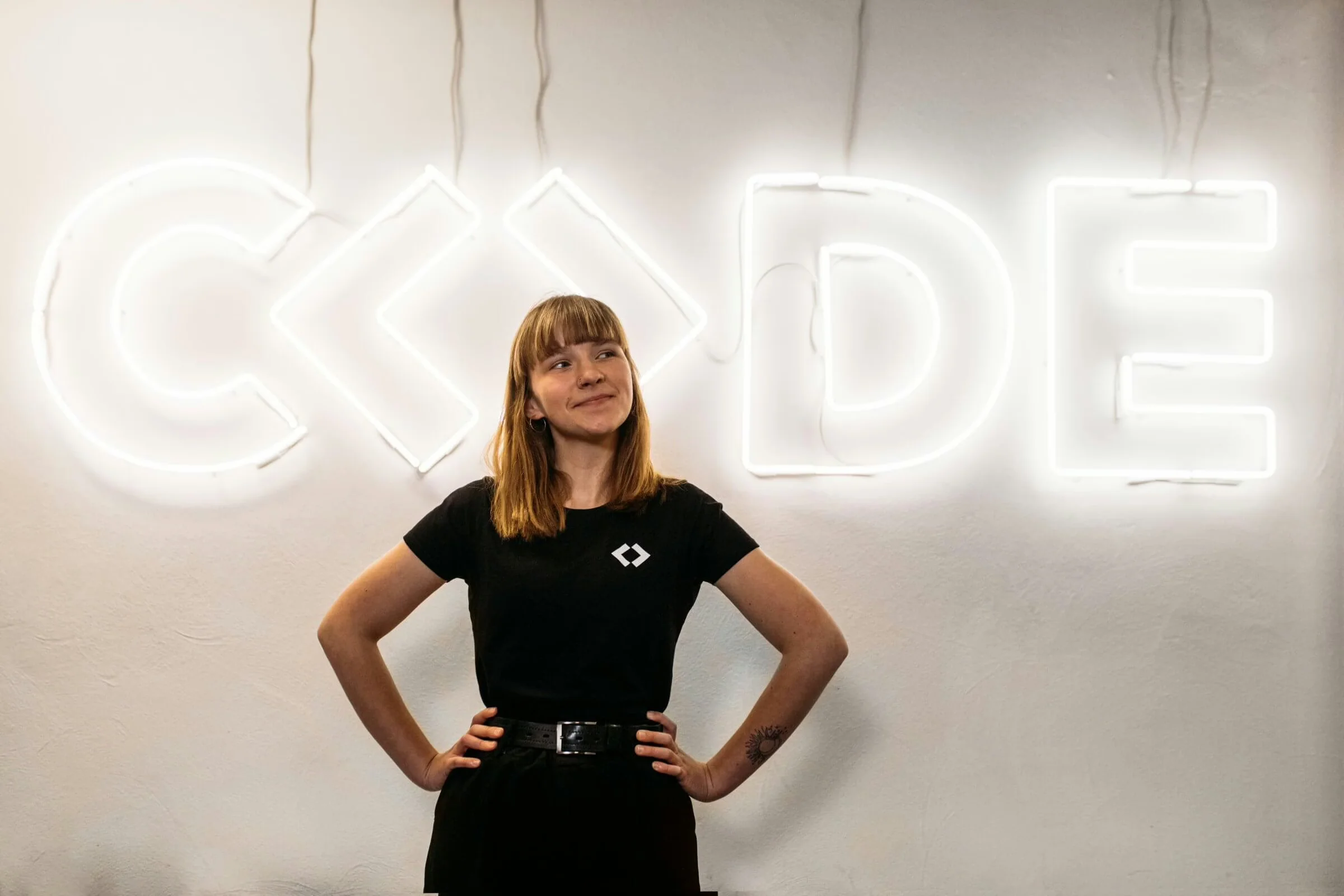
Want to study at CODE?
Here are the pages that might help you with the application process.
Partners
CODE is honored to be partnered with some of the most innovative and impactful companies and institutions in the world. Through our partnerships, students get to take part in exclusive projects, conferences, competitions and more.




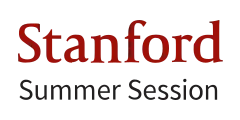
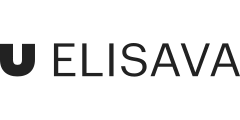

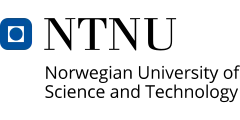
















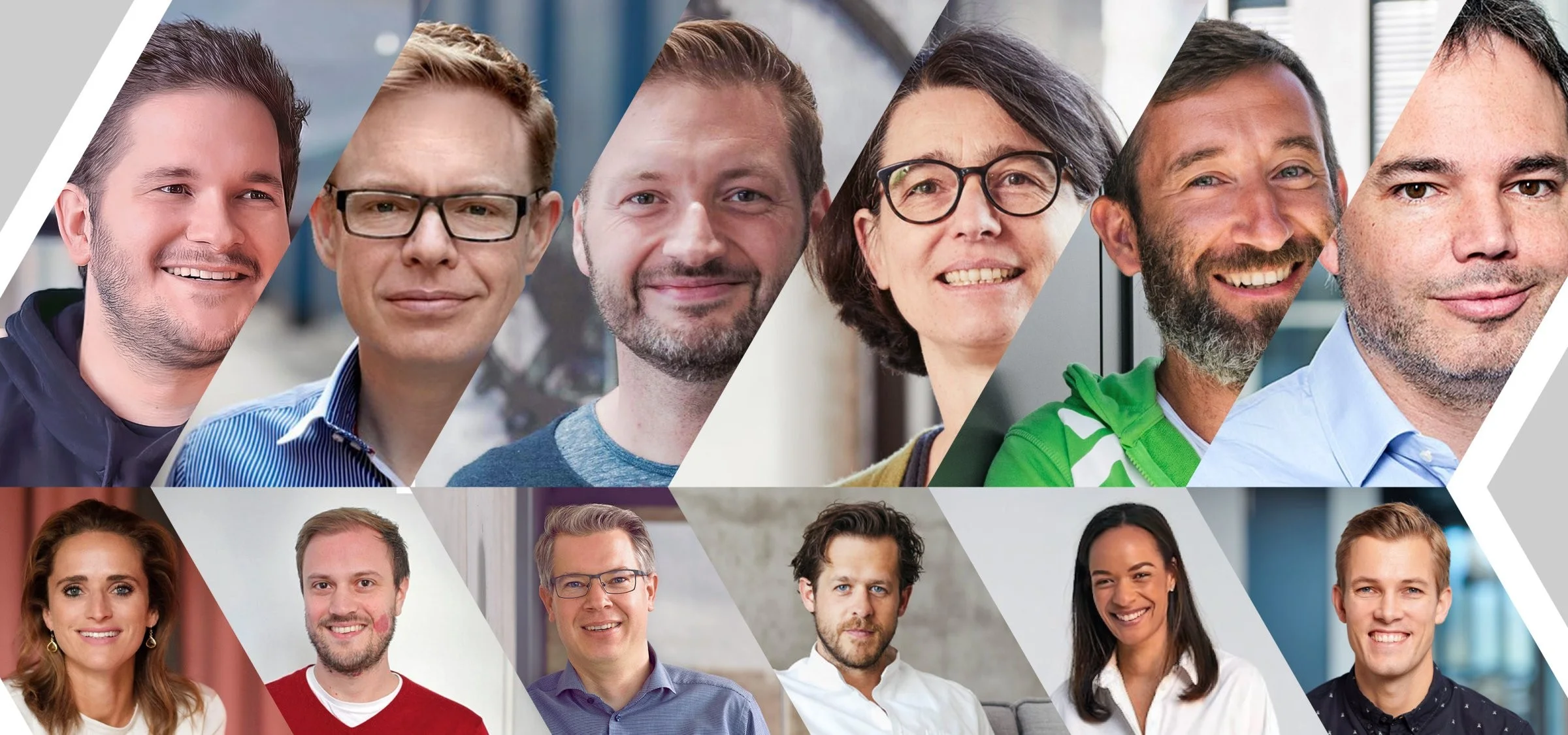
Supported by Germany’s leading entrepreneurs
More than 50 entrepreneurs helped us turning CODE into what it is today – these amazing individuals actively support us in our mission to empower, educate, and unite the next generations of innovative technology leaders, inventors, and entrepreneurs.

CODE is doing important work educating the next generation of students in advanced technological skills. [...] I’m confident these students will go on to do incredible things – they’ll change our communities, our industries, and the world.
Applications are open!
Our applications for Fall Semester 2025 are open! Start your application process for a chance to be part of the next generation of CODE students. Deadline for Fall Semester: September 15, 2025.
Get additional information
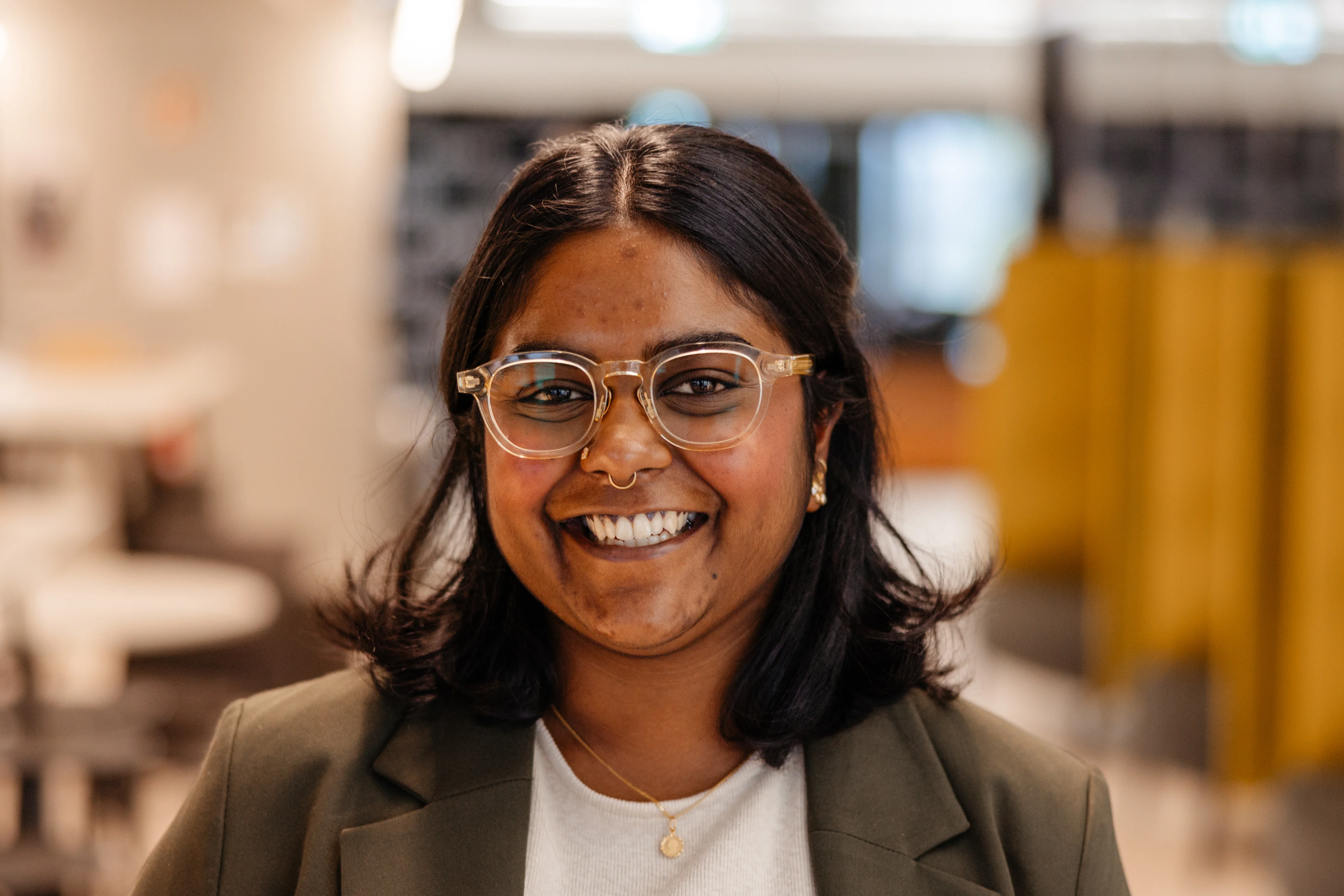

CODE University of Applied Sciences in Berlin guides you toward an exciting digital future. We offer a hands-on education that prepares you for the demands of the digital economy. With innovative programs in Software Engineering, Interaction Design, and Product Management, we provide the perfect blend of theory and practice to help you succeed in a dynamic, technology-driven world. Develop the skills you need to thrive in the digital era with our support.
Why study at CODE?
Wondering why you should choose CODE? At CODE, practical learning takes center stage. Our teaching methods are project-based and practice-oriented, allowing you to immediately apply your knowledge to real-world projects. Our students benefit from small class sizes, a creative campus environment, and opportunities for interdisciplinary growth. With direct access to industry experts and cutting-edge technology, we prepare you for future-ready careers in tech, design, and management.
Study Future Technologies at CODE: Your Path to the Digital World
Our bachelor’s programs are designed to immerse you in future technologies within a creative and international environment in Berlin. Gain practical knowledge in:
- Software Engineering: Learn how to develop innovative software solutions for a digital future.
- Digital Design & Innovation : Create experiences that captivate users and bring technology to life.
- Business Management & Entrepreneurship : Design products that meet real-world needs and drive the digital economy forward.
Our interdisciplinary modules and collaborations with partner companies offer you the chance to build valuable networks and gain work experience during your studies.
Your Studies at CODE: Flexible, Individual, and Practice-Oriented
Shape your studies according to your interests: CODE offers maximum flexibility in module selection and countless opportunities to explore new technologies.
We emphasize personal support and a collaborative learning atmosphere, fostering both your professional and social skills—essential for a career in the international arena.
Career Opportunities and Future Prospects
We believe our graduates are highly sought-after in the industry, thanks to their practical training and understanding of the tech sector's demands. Whether you aim to excel in UX design, product management, or software development, CODE University of Applied Sciences provides the ideal foundation for a successful career. We support your professional journey with regular career events and networking opportunities.
Study Duration: Flexible and Tailored to Your Goals
Curious about the duration of the bachelor’s program at CODE? Good question! The standard program length is three years, but don’t worry—we adapt to your individual needs and life circumstances. Whether you choose to study full-time or balance your studies with other commitments, CODE gives you the freedom to shape your studies to fit your life. Set your own pace and focus on the topics that matter most to your personal and professional growth with flexible module selection and project-based learning methods.
Apply and Study at Berlin’s Best University
Berlin is Europe’s hub for start-ups and innovation for good reason. Studying at CODE is a truly unique experience. Join a creative network and immerse yourself in a vibrant city renowned for its diversity and tech affinity. We would be delighted to welcome you as a student at our innovative university. Apply today and start your journey at CODE.
At CODE University of Applied Sciences, we’re redefining education to prepare you perfectly for tomorrow’s challenges.


